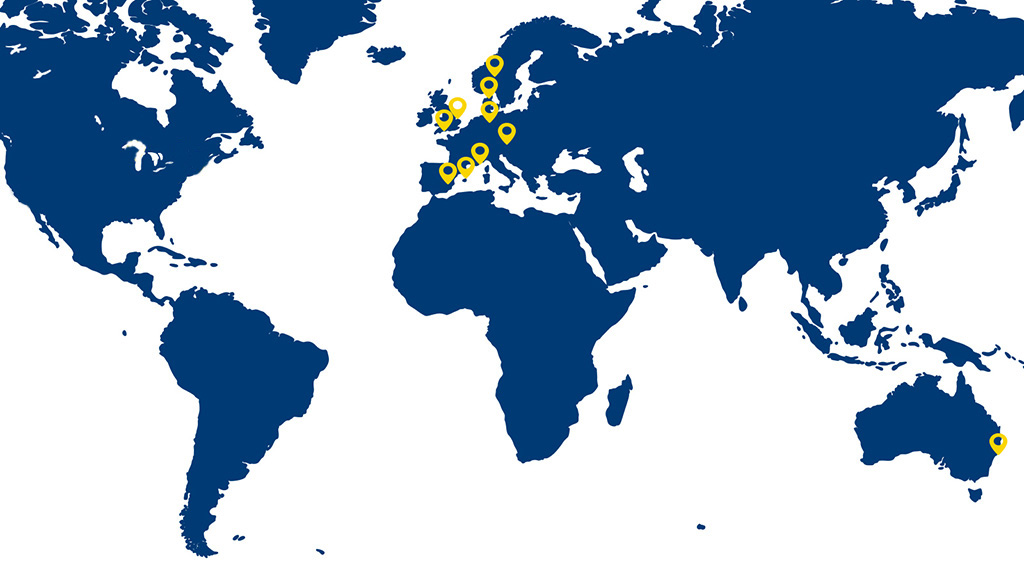Clearly identifying your yacht
Imagine, your yacht has been stolen and you need to report it. Will you be able to properly describe your yacht? "Sailing yacht, eight metres long, blue hull?" These are not exactly distinct identifying features and especially the hull color can easily be changed nowadays. The hull number – known within the European Union as the CIN (Craft Identification Number) or HIN (Hull Identification Number) – is a better and unique identifier.

Please remember your number!
Since 1998, the European Union Recreational Craft Directive (CE directive) has required all pleasure craft including dinghies and jet skis between 2.5 and 24 metres long to be given a hull number. Since 2006, this has also applied to ships that are brought from non-EU countries into the European Union and put into operation. Vessels that were put into operation before 1998 are exempt from this directive. The CIN/HIN serves as a unique identifier and is therefore useful in many ways.
The hull number is generally found on the right-hand side of the vessel on the transom, and can be laminated, welded, riveted or screwed in place. Manufacturers are also required to hide the number in one other place on board, known only to the manufacturer themselves. The CIN/HIN may not be removed and is always issued together with a CE certificate. The corresponding manufacturer certificate (declaration of conformity) should be handed over to every new boat owner, regardless of whether the boat being bought is new or used. Because a vessel can be clearly identified by its hull number, we ask that our Pantaenius customers enter this information when taking out insurance or inform us of it subsequently.
In some countries, such as Italy or Croatia, the authorities compare the hull number to the details in the insurance documents. If these do not match or the number is missing, the yacht may be impounded. You should make a note of all identification numbers, including the manufacturer-specific engine number and numbers on radio devices and other pieces of equipment, such as air conditioning units. This is a great help to the authorities in case of theft.
Important: Do not confuse the CE certification with the yacht registration number; since 1995, all pleasure craft used on inland waters within Germany have had to be registered. In Germany, boats used solely in maritime and coastal areas must only be registered if they are more than 15 metres long. Owners may register smaller vessels if they wish. If a ship is registered, the insurance company should be made aware of this as this provides an additional identifying feature.
